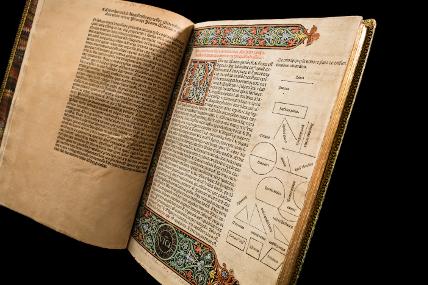Propose a draft article, dissertation chapter or book chapter for discussion at one of the Consortium's working groups.
Join an online working group for monthly discussions on specialized topics in history of science, technology and medicine.
The University of Illinois Urbana-Champaign Library and the Department of History are pleased to announce a Research Travel Grant to support scholars conducting research in any of the Library’s collections.
Sam Franz examines how universities, foundations and corporations developed computing education as a social and economic project in the postwar world — and provides historical context for contemporary issues such as AI, digital labor, and the university's role in the economy.
Drexel University has processed and acquired several new collections.
Apply by August 22 for support to conduct research in the collections of NYAM.
Adriana Fraser examines Consortium collections to find how scientists understood human-microbe relations in the second half of the twentieth century.
Anna Doel finds unexpectedly rich personal and professional communications between U.S. and Soviet scientists across the Iron Curtain.
The Cold Spring Harbor Laboratory Center for Humanities and the History of Modern Biology invites historians and philosophers of science to apply for the Sydney Brenner Research Fellowship at CSHL.
Pagination
- Previous page
- Page 3
- Next page
